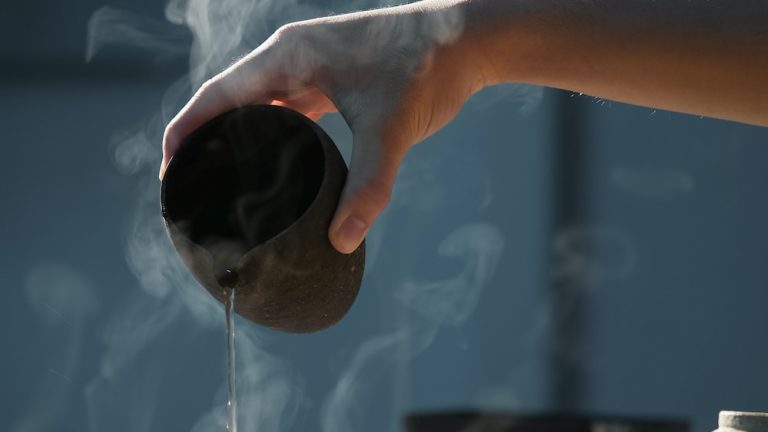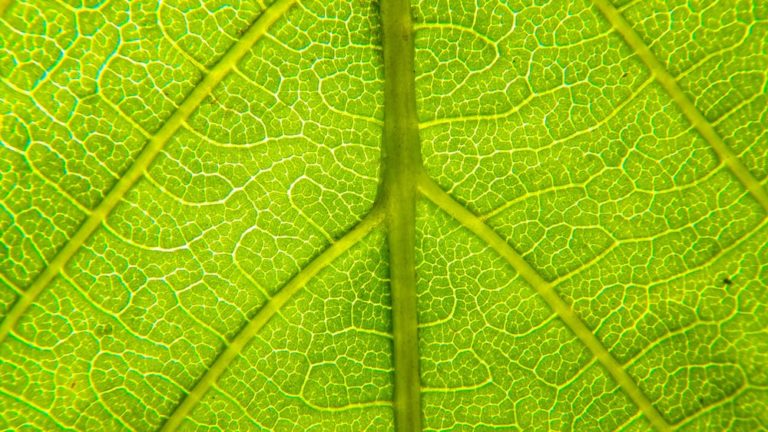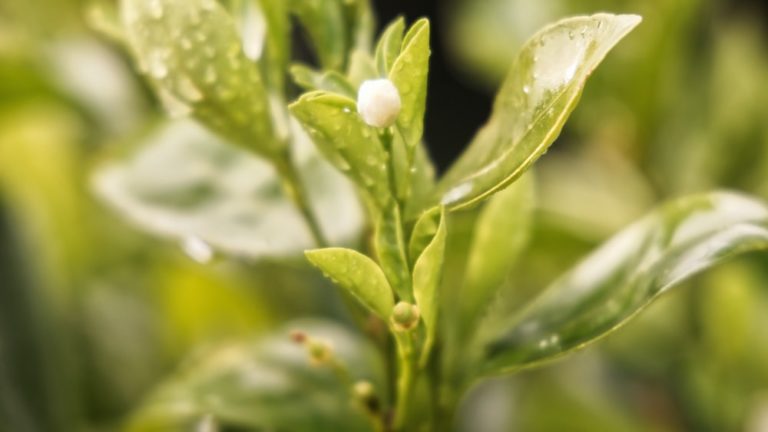The Ultimate Guide To Black Tea Leaves

The Ultimate Guide To Black Tea Leaves
Ah, black tea leaves. They’re not just for your grandmother’s tea party anymore. This warm, invigorating elixir has been rising in the ranks of beverage favorites for tea aficionados and health-conscious individuals alike. Think of black tea as the dark knight of the tea world; it’s bold, it’s robust, and it might just save the day when it comes to your wellness routine.
Key Points:
- Black tea has a rich history tracing back to ancient China and has evolved into different varieties like Assam and Darjeeling.
- Black tea is packed with antioxidants like theaflavins and thearubigins, which help fight cell damage and aging.
- Regular consumption of black tea may lower bad cholesterol levels and improve heart health.
- Black tea can assist in reducing blood sugar levels and possibly lower bad cholesterol.
- Black tea contains caffeine and L-theanine, promoting mental alertness and focus.
- Brewing the perfect cup of black tea involves choosing the right leaves, steeping for 3-5 minutes, and storing them in a cool, dark place.
- Drinking two to three cups of black tea a day is recommended for most people to enjoy its health benefits.
Diving into the world of black tea is like opening a door to a hidden garden – there’s so much to explore, from its rich history to the incredible health benefits it offers. Whether you’re a seasoned tea-sipper or someone curious about incorporating more healthy habits into your day, black tea leaves have something special in store for you.
The Origins and Varieties of Black Tea
In the vast tapestry of teas, black tea holds a place of honor, with a history as rich and complex as its flavor. This beloved beverage traces its roots back to ancient China and has since traversed the globe, adapting and evolving into a variety of types each with its own unique character.
Exploring the History of Black Tea
The story of black tea begins in ancient China, where it was discovered almost accidentally during the Ming Dynasty. As tea leaves began their journey from green to black through oxidation, the world was introduced to a whole new realm of flavor.
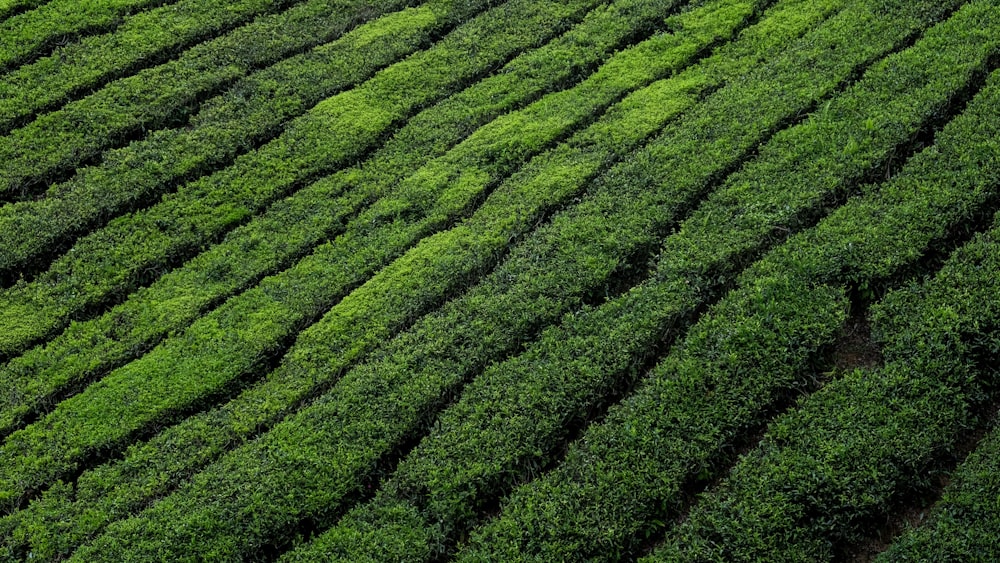
- Camellia Sinensis: The plant where it all starts.
- 17th Century: Tea makes its grand entrance into Europe.
- British Influence: The rise of tea cultures in India and Ceylon.
- Global Expansion: How black tea conquered the world’s tea cups.
Tea’s journey from China to the world showcases the transformative power of embracing change and new experiences.
Different Types of Black Tea Leaves
When it comes to black tea, one size certainly doesn’t fit all. Every region produces leaves that whisper secrets of their soil and climate, creating dramatically different brews. Here’s a glance at only a few of the players on the black tea stage.
| Type | Origin | Flavor Notes |
|---|---|---|
| Assam | India | Bold, Malty |
| Ceylon | Sri Lanka | Crisp, Citrusy |
| Darjeeling | India | Floral, Muscatel |
| Keemun | China | Smooth, Orchid |
From the bold and malty Assam tea, perfect for kick-starting your mornings, to the elegant Darjeeling, known as the champagne of teas due to its muscatel flavor and floral aroma, there’s a type of black tea that’s perfect for every palate and occasion.
The Health Benefits of Black Tea Leaves
Steeping yourself a cup of black tea not only warms you up but also packs a punch in the battle for good health. This section will delve into the myriad health benefits of black tea leaves, which range from antioxidant properties to improving heart health.
Antioxidant Properties of Black Tea
Black tea is a powerhouse of antioxidants like polyphenols that help fight oxidative stress in your body. Not just any antioxidants, though; black tea contains unique ones called theaflavins and thearubigins that are stellar at doing their job. [1]
- Reduce cell damage: To protect your cells and keep them dancing.
- Fight aging: So you can sip your way to youthful vigor.
Let’s be real, who wouldn’t want to turn back time with something as delicious as black tea?
How Black Tea Promotes Heart Health
Pouring yourself a daily cup of black tea isn’t just a treat for your taste buds; it’s also a hug for your heart. Studies have linked regular black tea consumption to a reduced risk of heart disease, thanks to its ability to improve blood pressure and cholesterol levels. [3]
For one, black tea lowers bad cholesterol (LDL), which is kind of like convincing the troublemakers in your body to take a chill pill. And let’s not forget blood pressure; black tea waves its magic wand to keep those numbers more in the charming prince territory rather than the dastardly villain. So, a toast to black tea – the next best thing to a fairy godmother for your heart.
Regular consumption of black tea can help reduce the risk of heart disease by improving blood pressure and cholesterol levels, acting as a protective shield for your heart.
The Impact of Black Tea on Blood Sugar and Cholesterol Levels
Drinking black tea can be a delightful journey not just for your taste buds but also for your health. Studies have shown that consuming black tea may assist in reducing blood sugar levels, which is a sigh of relief for those keeping an eye on the sugar rollercoaster. The antioxidants in black tea, particularly theaflavins, have been credited with this effect, alongside a decent hug to your health by possibly lowering bad cholesterol levels. [2] [4]
Moreover, a specific study published in the Annals of Internal Medicine suggested that folks who sip on three cups of black tea daily could see a reduction in blood pressure. Imagine that – your cozy morning cup not just waking you up, but also patting your back by keeping those sneaky cholesterol and sugar levels in check.
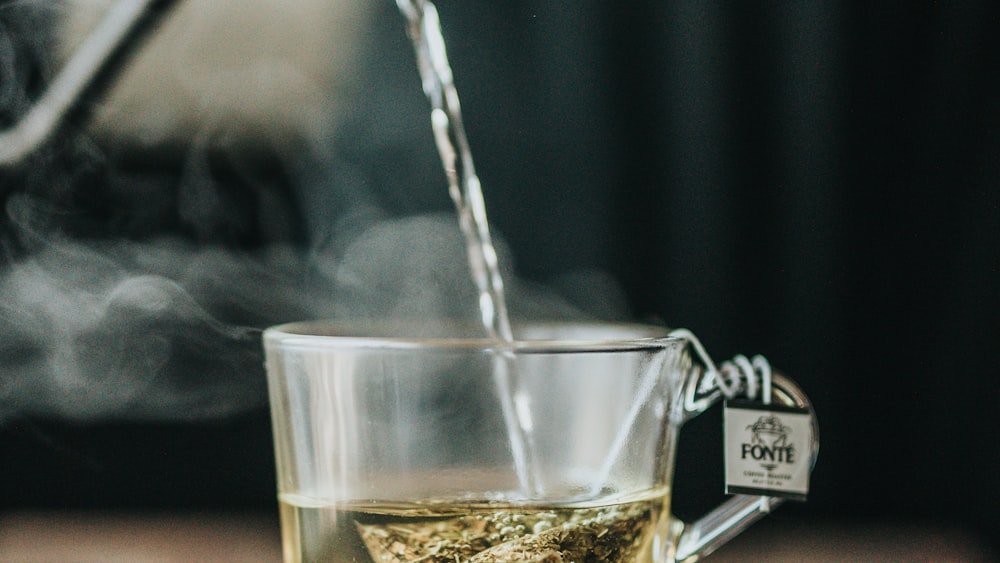
Black Tea and Mental Alertness: Improving Focus
Whether you’re tackling a mountain of work or just trying to stay sharp for the daily puzzles of life, black tea might just be the companion you need. Caffeine and an amino acid called L-theanine, both found in black tea, are like the dynamic duo for improving focus and alertness. If you’re imagining a zoom meeting where you’re the only one not nodding off, black tea could be your secret weapon. The blend of stimulation and relaxation it offers means you can stay on top of your game without bouncing off the walls.
Brewing the Perfect Cup of Black Tea
Ah, the art of brewing the perfect cup of black tea! It’s not just about dunking a tea bag in hot water but more about a little ceremony that can set the tone for your whole day. The magic brew starts with choosing the right type of black tea, and then giving it the proper amount of time to dance with the hot water, ensuring every sip is rich with flavor and brimming with health benefits.
Choosing the Right Black Tea Leaves
Selecting the right black tea leaves can feel a bit like being in a candy store – exciting but slightly overwhelming. Here’s a list to guide you through the variety and help you find your perfect match:
- Assam: Bold and malty, perfect for a robust morning wake-up.
- Ceylon: If you fancy a tea with bright and lively notes, make this your go-to.
- Darjeeling: For a more delicate and nuanced flavor, reminiscent of the misty hills it comes from.
- Earl Grey: A classic choice for those who enjoy a fragrant twist of bergamot.
Choosing the perfect black tea variety involves exploring bold Assam, bright Ceylon, delicate Darjeeling, and classic Earl Grey options.
Step-by-Step Guide to Brewing Black Tea
Brewing an exceptional cup of black tea is almost as easy as pie, and infinitely more satisfying. Here’s a simple list to guide you through the steps:
- Warm your teapot by rinsing it with hot water. This prelude is all about setting the stage.
- Measure your tea leaves. A teaspoon for a cup is a good rule of thumb, but who’s counting?
- Boil your water. Aim for a temperature just off the boil; too hot and you risk bitterness.
- Steep your tea leaves. Three to five minutes should do the trick; any longer and you’re in tannin territory.
- Enjoy. Pour, sip, and savor the moment. Feel free to add milk, sugar, or a slice of lemon if that’s your jam.
Tips for Storing Black Tea Leaves to Preserve Freshness
Want to keep your black tea leaves tasting as fresh as the day they were picked? The secret lies in their storage. First off, find a cool, dark spot – a kitchen cupboard away from the stove is perfect. Then, make sure your tea is in an airtight container. Oxygen is not a friend to your tea’s freshness, and neither is moisture or strong smells. So, a bit like a vamp, your tea prefers cool, dry, and dark places. Lastly, consider the material of your container; opaque is optimal, to shield your leaves from light, further ensuring each cup you brew remains fragrant and flavorful.
Keep your black tea leaves fresh by storing them in a cool, dark, airtight container away from oxygen, moisture, and strong smells.
FAQs
1. What is the difference between black tea and green tea?
The difference lies in the oxidation process. Black tea leaves undergo a full oxidation process, which imparts them a darker color and richer flavor, whereas green tea skips this step, retaining a more natural color and a lighter taste.
2. How much caffeine is in black tea?
The amount of caffeine in black tea can vary, but typically, it contains about 40-70 mg per cup, depending on factors like brewing time and tea leaf type.
3. Can drinking black tea help reduce the risk of cancer?
Drinking black tea may help reduce the risk of developing certain types of cancer, as studies suggest its polyphenols have antioxidative properties that might protect cells from DNA damage.
4. How many cups of black tea should I drink a day?
To embrace the health benefits without overindulging in caffeine, two to three cups of black tea a day is a sensible amount for most people. [5]
Conclusion
Diving deep into the world of black tea leaves reveals not just a beverage, but a rich tapestry of culture, history, and health benefits that spans across continents. From its ancient origins to its modern-day incarnations in our cups, black tea offers much more than just a caffeine kick. It’s a window into centuries-old traditions, an invitation to explore and savor the varied flavors and aromas, and perhaps, a gentle nudge towards a healthier lifestyle given its myriad benefits. So, as you reach for your next cup of this magical concoction, remember the journey those leaves have taken to bring warmth, focus, and a bit of joy into your day. Keep sipping, exploring, and reveling in the wonders of black tea leaves. Until next time, keep your teas steeping and your curiosity brewing. Warm regards, Zoe.

